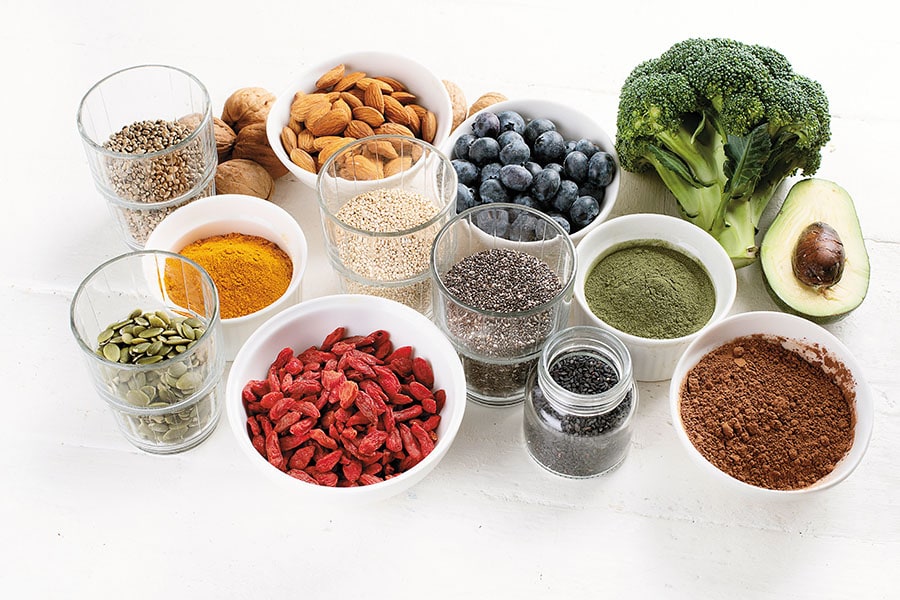
How to have a healthy heart
Naturally occurring fats are better than carbohydrates to curb heart disease
 Image: Shutterstock
Image: Shutterstock
The intake of processed food has led to an increase in the total calories consumed by individuals. At the same time, lifestyle-related diseases have also increased, with coronary heart disease being the world’s No 1 killer.
It is, therefore, vital to understand the cause of these lifestyle diseases. Is the type of food consumed one of the major triggers? The question that also arises is whether increased calorie intake is solely responsible for heart diseases, or could they be related to the type of nutrients consumed? Research by the US government concluded that cholesterol coupled with fats in the diet are responsible for heart diseases. Although the data on this remains ambiguous, the US government recommendation of a healthy diet favours carbohydrates as a preferred source of calories over fat.
The research gives an alternative explanation for the cause of heart diseases. Conventionally, higher levels of low density lipoprotein (LDL) cholesterol in the blood had to be reduced, as it was considered a major cause of heart diseases. However, the data to support this assertion was inconclusive. Broadly, LDL particles can be divided into two categories: Large and fluffy LDL, and small and dense LDL. Those with a higher level of small and dense LDL particles will be more susceptible to heart attacks, since the particles have a longer life in the human circulation system, and can form blockages in arteries. Thus, given the same level of LDL cholesterol in two individuals, the person with a higher level of small and dense LDL particles will be more prone to heart attacks.

The level of high density lipoprotein (HDL) in the body is one significant way of predicting heart diseases; HDL is called “good” cholesterol because it reduces unwanted cholesterol in the body. Hence it is important to maintain a healthy level of HDL through our diet.
This can be achieved by consuming fats occurring naturally in food. The human body synthesises and requires three types of fats—saturated fats, monounsaturated fats and polyunsaturated fats—and each influence HDL levels in the blood. No naturally occurring fat undermines HDL levels.
The suggestion of choosing carbohydrates as a source of calories, instead of fat, may not be the ideal approach (carbs trigger the need for more LDL particles in blood, while reducing LDL and HDL cholesterol levels). One needs to increase the consumption of more naturally occurring fats to increase HDL levels and avoid carbohydrates, which increase LDL levels in blood.
The writer is founder and CEO of 48 Fitness
(This story appears in the 30 November, -0001 issue of Forbes India. To visit our Archives, click here.)





